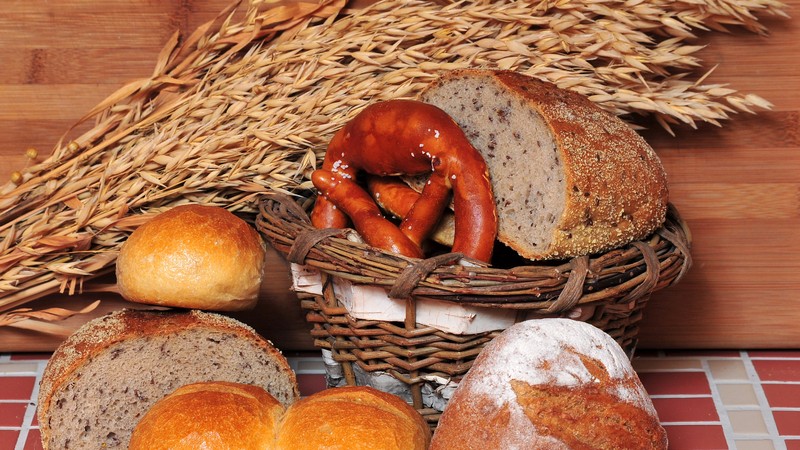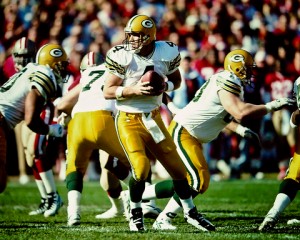Carbohydrate Overcompensation: Is it Necessary?
What are carbohydrates and where can we find them?
Carbohydrates are found in a large majority of food (fruits and their juices, grains, potatoes, dairy products, cereal bars, baked goods, etc.) They are very present in our food in addition to being the primary source of energy during exercise. In the body, they are mostly stored in the muscles as glycogen.
Moreover, the available energy during physical effort will be proportional to the glycogen formed, hence the importance of ensuring to have them full before an important competition. In aerobic exercise, tiredness generally coincides with the exhaustion of stored glycogen and the transfer to lipids as the main energy substrate. Carbohydrates are very closely linked with the performance of the athlete.
What is carbohydrate overcompensation?
Research has shown that a certain combination of diet and exercise may be the cause behind a greater storage of muscular glycogen. What we call carbohydrate loading or glycogen overcompensation is frequently used by high-level endurance athletes. This dietary modification leads to an even more noticeable increase in glycogen that only a diet rich in carbohydrates could produce.
In fact, it is possible to store up to 4 to 5 grams of glycogen per 100g of muscle, compared to the normal value of 1,7g (almost three times!). As shown in the following figure, eating a lot of carbohydrates (CHO) also allows us to triple the time of effort in aerobic sports compared to a low carb diet.
In order do this, the athlete simply has to consume 2 to 4 grams of carbohydrates per pound of body weight the day (24 hours) before a competition, between 320g and 640g of carbohydrates for an individual of 160lb. There are also other methods of carbohydrate overcompensation that consist of reducing the minimum carbohydrate diet (approximately 50 g) for 3 days followed by 2 days that are rich in carbohydrates as mentioned earlier directly before the competition. Despite its high efficiency, the latter is known to cause symptoms of fatigue or irritability. However, for any diet change, I suggest that you consult a nutritionist to avoid any nutritional problems.
The vast majority of studies deal with the effectiveness of over-compensation plans during aerobic activities, meaning an activity of moderate intensity enabling cells to use oxygen during the metabolism of carbohydrates. They further demonstrate an increase in physical performance in proportion to an increase in the muscular glycogen level. However, studies concerning anaerobic activities are very rare and rather mixed.
Overall, the results mostly seem to be positive. Athletes involved in sports such as hockey, football and basketball (for example) would benefit from this carbohydrate overcompensation in order to increase their physical performance. Thus, contrary to popular belief, bread, pasta and potatoes are the allies of an athlete in reaching great performance.
Keven Arseneault
- Sc. Kinesiologist
References
- Karlsson J, Saltin B. Diet, muscle glycogen, and endurance performance. J Appl Physiol 1971;31:203-206
- Simonsen JC, Sherman WM, Lamb DR, Dernbach AR, Doyle JA, Strauss R. Dietary carbohydrate, muscle glycogen, and power output during rowing training. J Appl Physiol 1991;70:1500-1505.
- Bussau VA, Fairchild TJ, Rao A, Steele P, Fournier PA. Carbohydrate loading in human muscle: an improved 1 day protocol. Eur J Appl Physiol 2002;87:290-5


